Steroids
Steroids are a class of organic compounds that have a characteristic molecular structure containing four rings of carbon atoms. They play a vital role in various physiological processes in the body, including regulation of metabolism, immune functions, and inflammation.
Types of Steroids
There are three main types of steroids:
- Corticosteroids: These are produced in the adrenal cortex and are involved in regulating metabolism and immune response.
- Sex steroids: This group includes androgens, estrogens, and progestogens, which are responsible for the development of sexual characteristics and reproductive functions.
- Anabolic steroids: These synthetic variants of testosterone are used to promote muscle growth and enhance athletic performance.
Medical Uses of Steroids
Steroids have several medical applications, including:
- Managing inflammation and autoimmune disorders
- Treating hormonal imbalances
- Alleviating symptoms of certain cancers
- Supporting organ transplants by suppressing the immune system
Effects and Risks
While steroids have beneficial effects, they also pose certain risks and side effects, especially when misused. These may include:
- Increased risk of infections
- Weight gain
- Mood swings and aggression
- Cardiovascular complications
- Dependency and addiction
Study Tips
When studying steroids, consider the following tips:
- Understand the different types of steroids and their physiological functions.
- Explore the medical uses and potential risks associated with steroid therapy.
- Compare and contrast the effects of corticosteroids, sex steroids, and anabolic steroids on the body.
- Discuss the ethical and legal considerations surrounding the use of anabolic steroids in sports and bodybuilding.
By mastering the concepts and applications of steroids, you will gain a deeper understanding of their role in human physiology and healthcare.
.◂Science Worksheets and Study Guides Seventh Grade. Sound
Worksheet/Answer key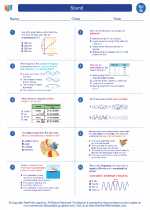 Sound
Sound  Worksheet/Answer key
Worksheet/Answer key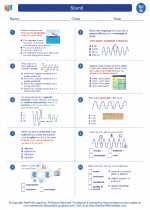 Sound
Sound  Worksheet/Answer key
Worksheet/Answer key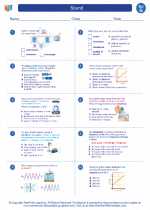 Sound
Sound  Vocabulary/Answer key
Vocabulary/Answer key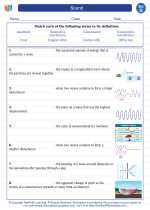 Sound
Sound  Vocabulary/Answer key
Vocabulary/Answer key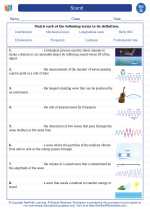 Sound
Sound  Vocabulary/Answer key
Vocabulary/Answer key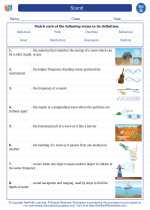 Sound
Sound  Vocabulary/Answer key
Vocabulary/Answer key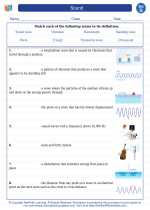 Sound
Sound 

 Worksheet/Answer key
Worksheet/Answer key
 Worksheet/Answer key
Worksheet/Answer key
 Vocabulary/Answer key
Vocabulary/Answer key
 Vocabulary/Answer key
Vocabulary/Answer key
 Vocabulary/Answer key
Vocabulary/Answer key
 Vocabulary/Answer key
Vocabulary/Answer key

The resources above cover the following skills:
Skills and Processes: Students will demonstrate the thinking and acting inherent in the practice of science.
Applying Evidence and Reasoning: Review data from a simple experiment, summarize the data, and construct a logical argument about the cause-and-effect relationships in the experiment.
Describe the reasoning that lead to the interpretation of data and conclusions drawn.